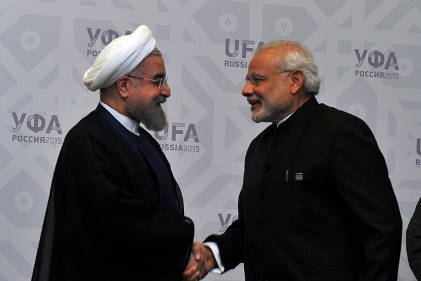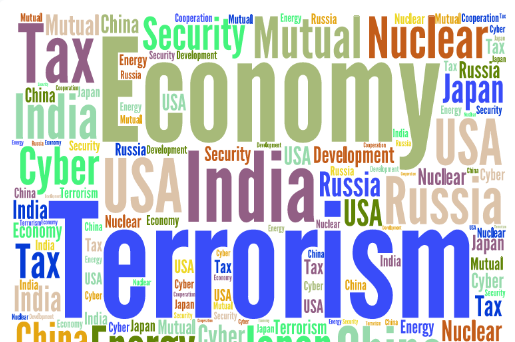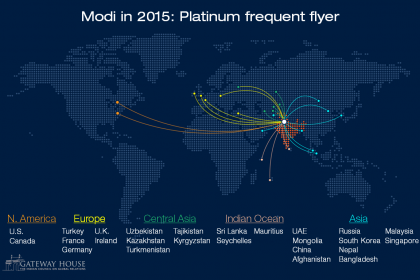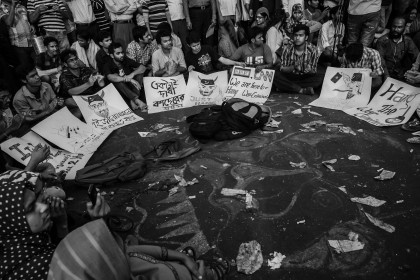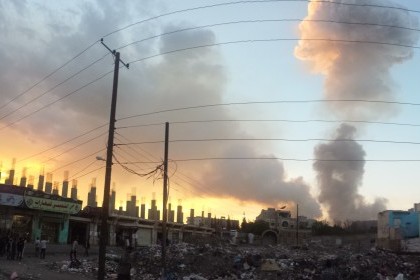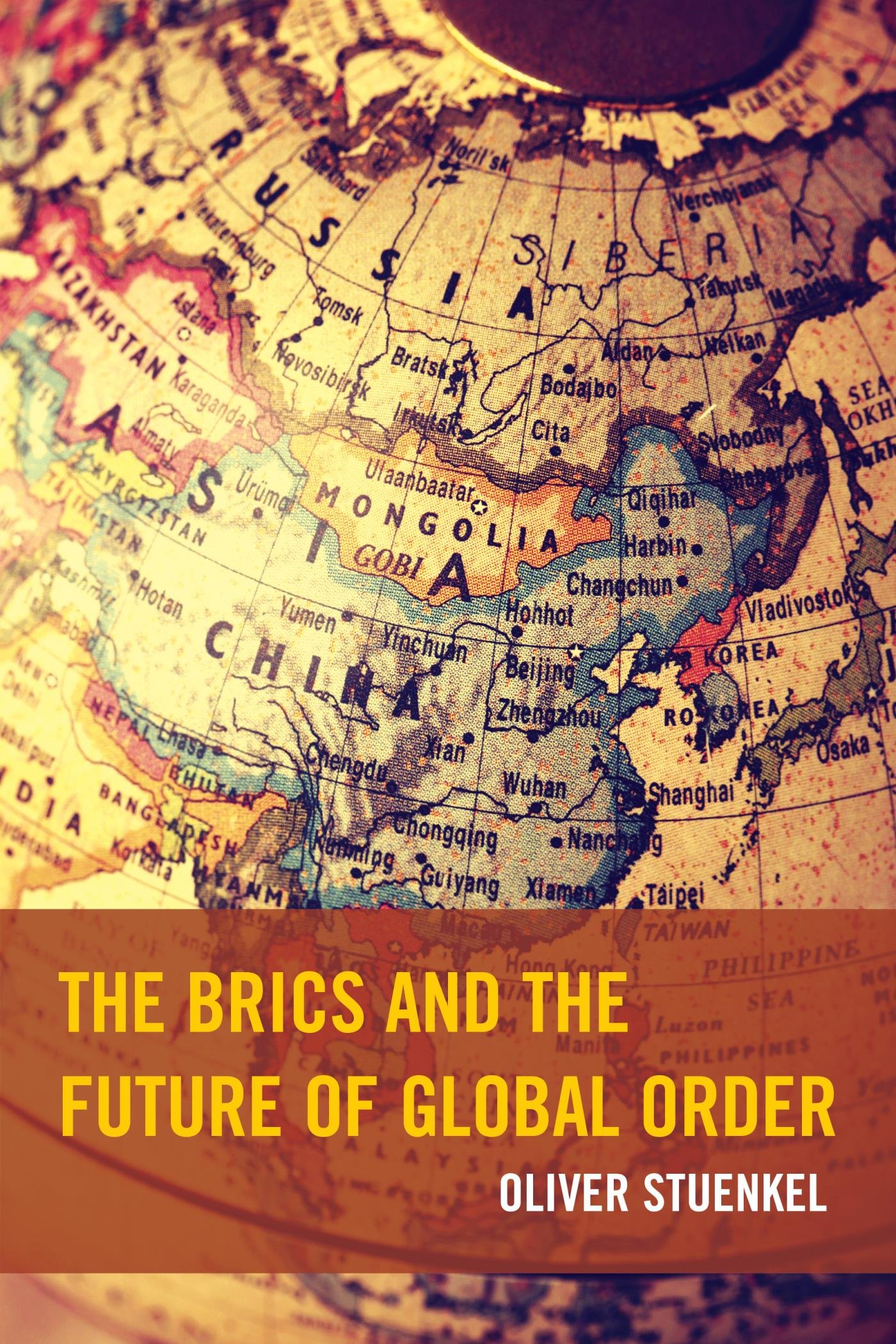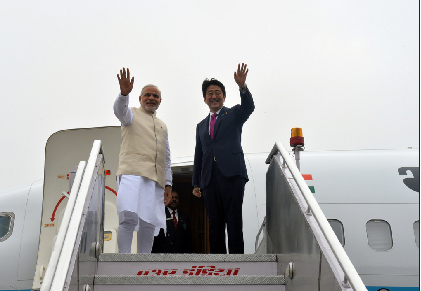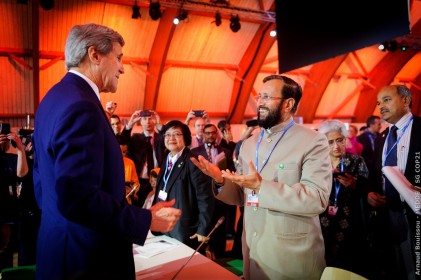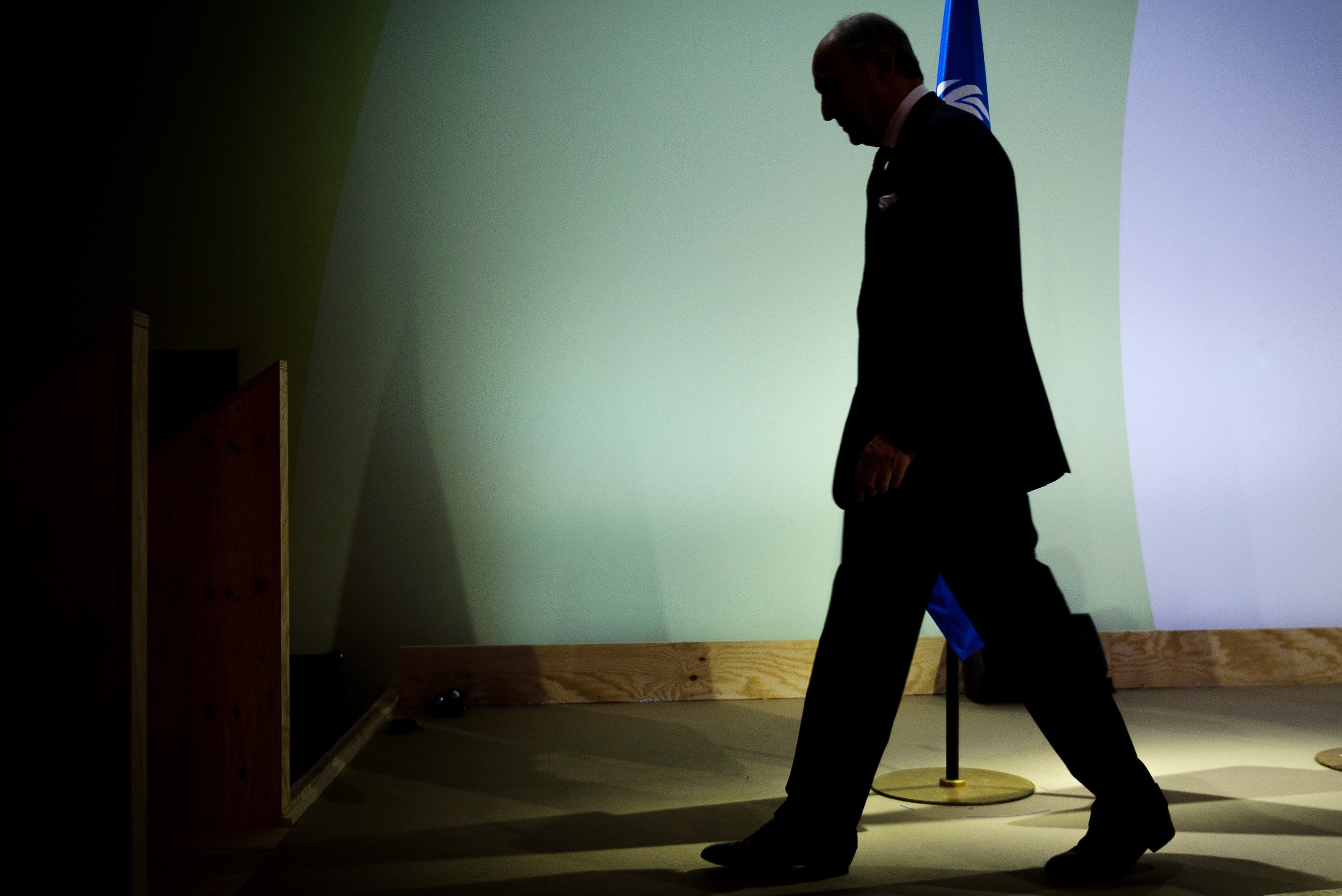India-Iran: a fundamental renewal
India finds itself in the long queue of global economic powerhouses that wish to avail the new opening between Iran and the international community. But India’s proximity and mutual interests of the two countries indicates that the time is ripe for a fundamentally new beginning in Tehran-Delhi relations.

